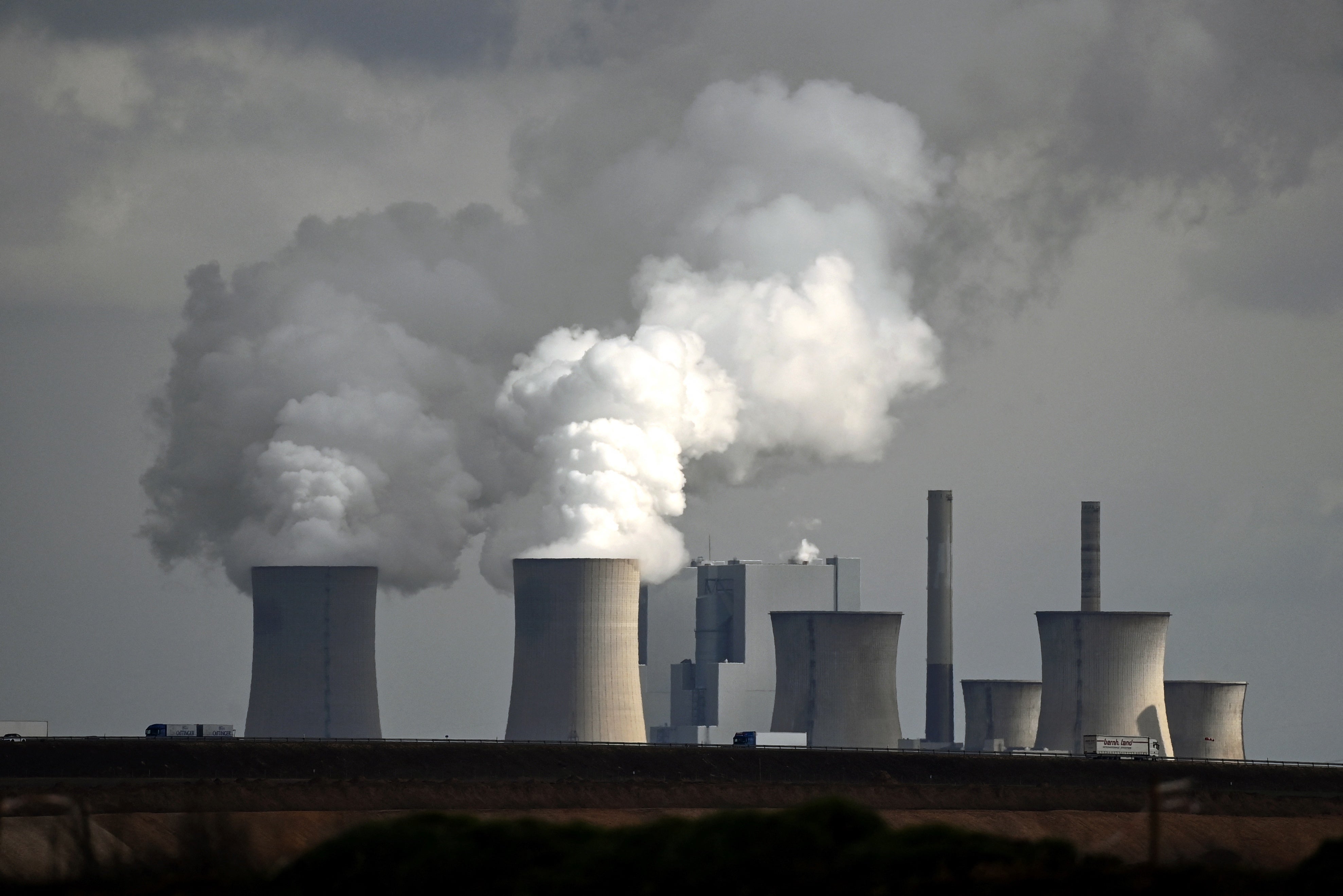German greenhouse gas emissions to grow by largest amount since 1990
The estimated rise in greenhouse emissions in 2021 may even exceed the increase after the 2009/2010 economic crisis

Germany’s carbon emissions are on course to increase by around 47 million tonnes compared to 2020 – the biggest increase since 1990 – according to a report by an environmental think tank.
The analysis, published by the Berlin-based environmental think tank Agora Energiewende, predicts that the country would likely lag behind the goal it had set for cutting emissions by 2020.
The think tank assessed data from the first half of 2021 in Germany and estimated that the total greenhouse gas emissions by the end of this year would be equivalent to somewhere between 760 million to 812 million tonnes of CO2.
While this is about 37 per cent lower than the level in 1990, Germany had pledged to achieve a decrease of 40 per cent in the three decades.
Even though lockdowns enforced to restrict the spread of Covid-19 and reduction in factory operations in 2020, helped achieve this target last year, the report says this would only be a temporary effect.
As the economy restarts and with road traffic increasing, the authors of the report warn that Germany could record its highest increase in carbon emissions since 1990 in 2021, even exceeds the increase after the 2009/2010 economic crisis.
Citing the Federal Network Agency, the report says in 2021 electricity generation from renewable energies was 6.7 percent lower than in the previous year due to “unfavourable” weather conditions while conventional power plants, such as those which run on lignite coal, have continued operations.
In order to be in line with its goal of becoming greenhouse gas neutral by 2045 – which is when the country emits only as much greenhouse gas as it can absorb – Germany’s emissions should drop by 65 per cent by 2030, and achieve a decrease of 88 per cent by 2040.
While there are some uncertainties in the current estimate due to a number of influencing factors, Agora says these goals for 2021 will be missed.
The experts call for an immediate programme with effective climate protection measures across all sectors, including transport, buildings, and industry.
They say such a programme is not only necessary, but also legally mandatory.
Subscribe to Independent Premium to bookmark this article
Want to bookmark your favourite articles and stories to read or reference later? Start your Independent Premium subscription today.

Join our commenting forum
Join thought-provoking conversations, follow other Independent readers and see their replies